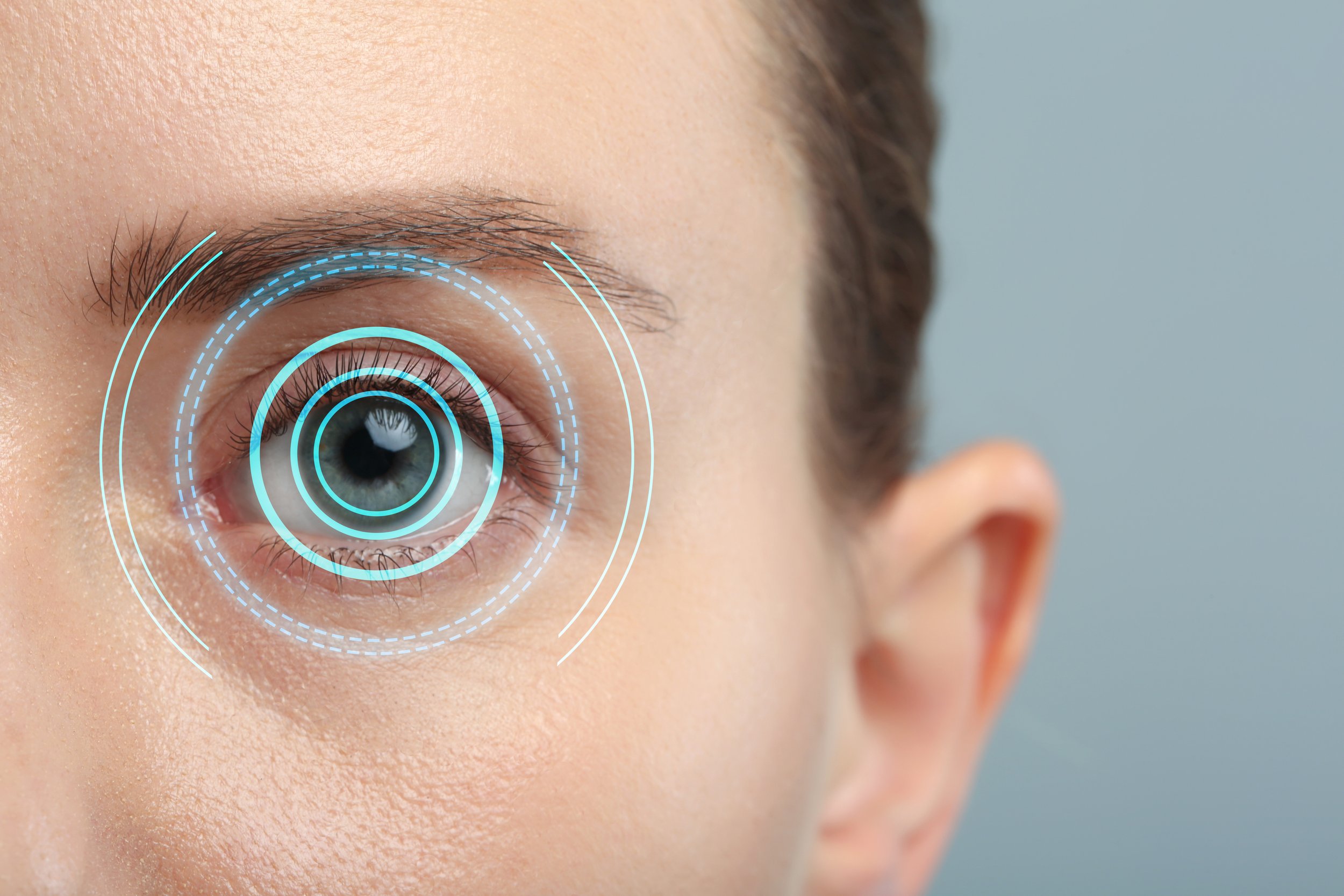About
Transforming Vision Restoration with KeratOPrinter
The KeratOPrinter Project, funded under the Horizon Europe Framework Programme (grant agreement No. 101191726), serves as a pivotal initiative driving regenerative medicine forward. This project focuses on developing a bioprinting suite capable of producing full-thickness corneal grafts, addressing the global shortage of donor corneas. By leveraging iPSC-derived corneal cells, bioinks, and advanced 3D bioprinting technologies, KeratOPrinter aims to enhance the precision, scalability, and accessibility of biofabricated tissues for ophthalmology.
The project is a multidisciplinary collaboration between leading research institutes, SMEs, and industry partners specialising in stem cell differentiation, biomaterials, regulatory affairs, clinical ophthalmology, and robust, portable containers with active CO₂ and temperature control that ensures the safe transport of living cells and biological samples under optimal laboratory conditions. The integration of GMP-compliant workflows and AI-driven quality control mechanisms ensures the reliability and reproducibility of bioprinted tissues, facilitating their transition into clinical applications.
Why is KeratOPrinter Important?
Addressing a Global Crisis: Corneal blindness is the third leading cause of blindness globally. Despite the high demand for corneal transplants, a severe shortage of donor tissue means that not all patients receive the sight-restoring procedure they need.
Scientific Advancements: Pushing the boundaries of corneal tissue engineering, the project will equip researchers and clinicians with innovative tools and knowledge.
Economic Impact: Introducing scalable, cost-effective solutions to corneal transplantation, KeratOPrint will reduce production costs and enhance bioprinting efficiency.
Societal Benefits: By addressing the donor tissue shortage, this project promotes equitable access to treatment, particularly for vulnerable populations, ultimately improving the quality of life for millions.


